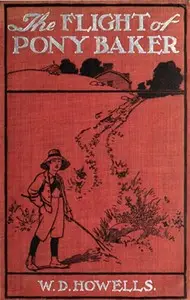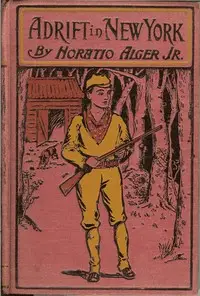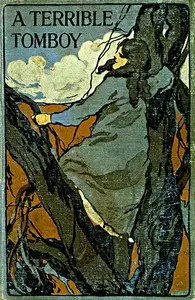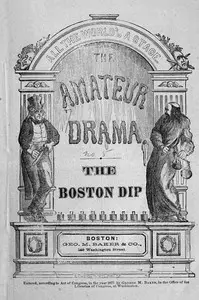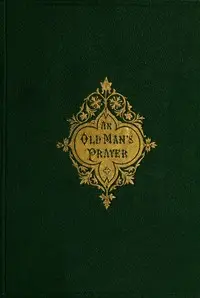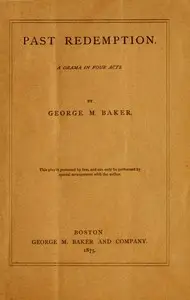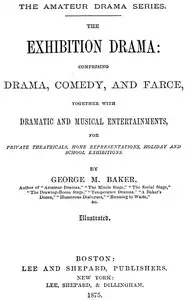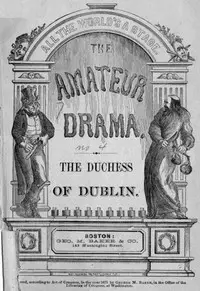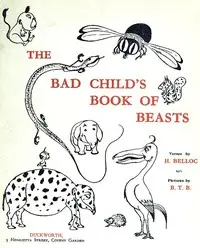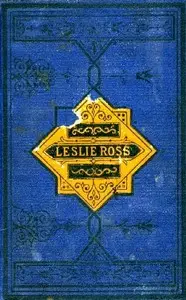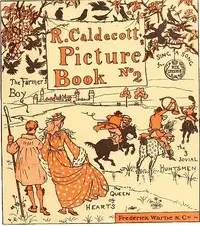"Running to Waste: The Story of a Tomboy" by George M. Baker is a coming-of-age tale from the 1800s about Becky Sleeper, a lively tomboy whose love for adventure constantly lands her in hot water. The story follows her acts of rebellion and the difficulties she encounters as she struggles to fit in with what society expects of young women. The book begins with Becky and her brother Teddy's harmless plan to sneak apples from Captain Thompson's orchard. Becky's daring personality shines as she coaches Teddy from the top of a wall during their apple heist. Their fun theft ends abruptly when Captain Thompson spots them, leading to a comical chase scene. Through funny conversations and detailed character descriptions, the opening scenes show Becky's tomboy spirit, her love for adventure, and the relationship she has with her more quiet brother, all taking place in their small New England town.
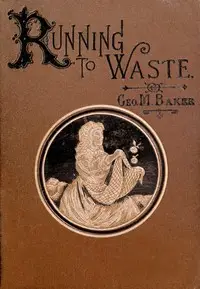
Running to Waste: The Story of a Tomboy
By George M. (George Melville) Baker
In a small New England town, a mischievous girl and her timid brother find themselves in a comical chase after a light-hearted apple heist goes wrong.
Summary
About the AuthorGeorge Melville Baker (1832–1890) was a playwright and publisher in Boston, Massachusetts, in the 19th century. He worked for Lee & Shepard publishers, then opened his own imprint. "George M. Baker & Co." issued works by authors such as Henry M. Baker, F.E. Chase, and Herbert Pelham Curtis. Baker's company ceased in 1885, succeeded by his brother's "Walter H. Baker & Co." George Baker also performed with comedian Henry C. Barnabee, appearing in "lyceum entertainments" in New England. He belonged to the Mercantile Library Association. He married Emily Bowles in 1858; children included novelist Emilie Loring, playwright Rachel Baker Gale, and screenwriter Robert Melville Baker.
George Melville Baker (1832–1890) was a playwright and publisher in Boston, Massachusetts, in the 19th century. He worked for Lee & Shepard publishers, then opened his own imprint. "George M. Baker & Co." issued works by authors such as Henry M. Baker, F.E. Chase, and Herbert Pelham Curtis. Baker's company ceased in 1885, succeeded by his brother's "Walter H. Baker & Co." George Baker also performed with comedian Henry C. Barnabee, appearing in "lyceum entertainments" in New England. He belonged to the Mercantile Library Association. He married Emily Bowles in 1858; children included novelist Emilie Loring, playwright Rachel Baker Gale, and screenwriter Robert Melville Baker.

